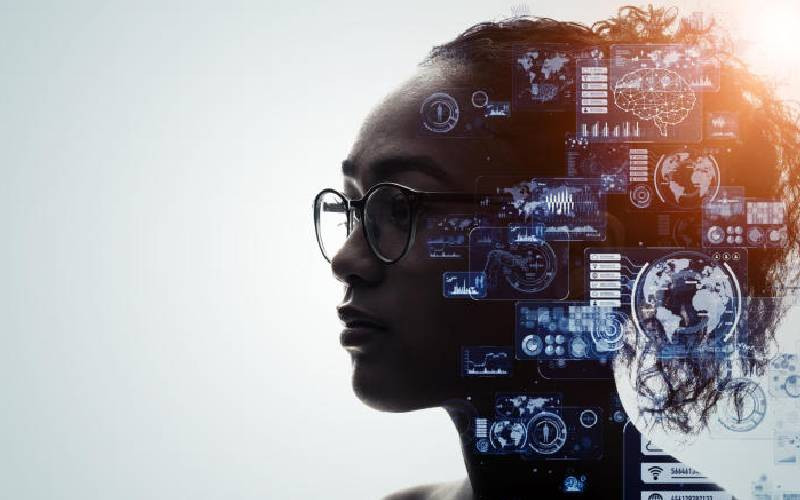×
The Standard e-Paper
Join Thousands Daily

Why do we fear artificial intelligence (AI)? Why should we fear what is artificial unless we are not real?
We all know AI is made by natural intelligence - human beings. Why should we fear what we have made ourselves?